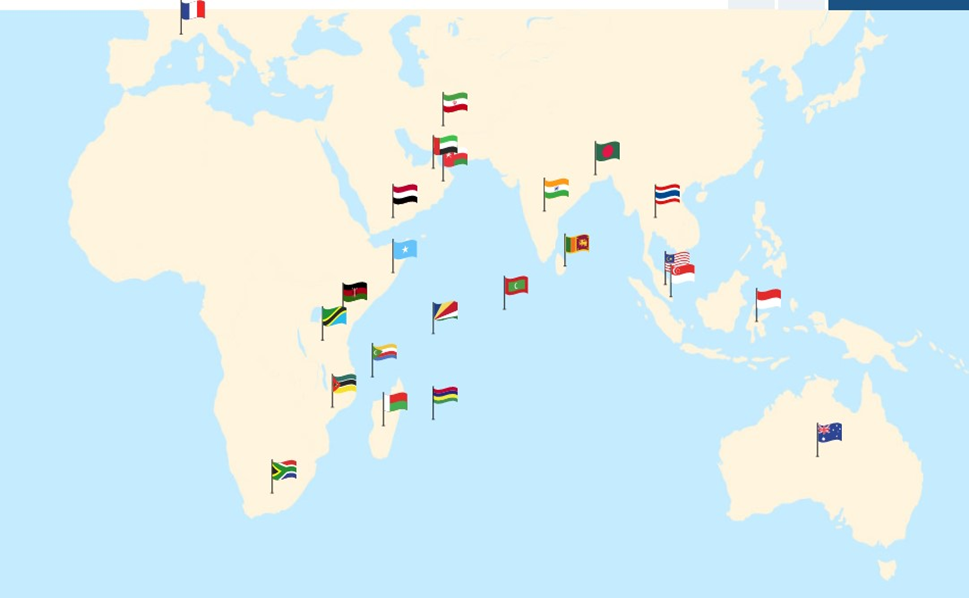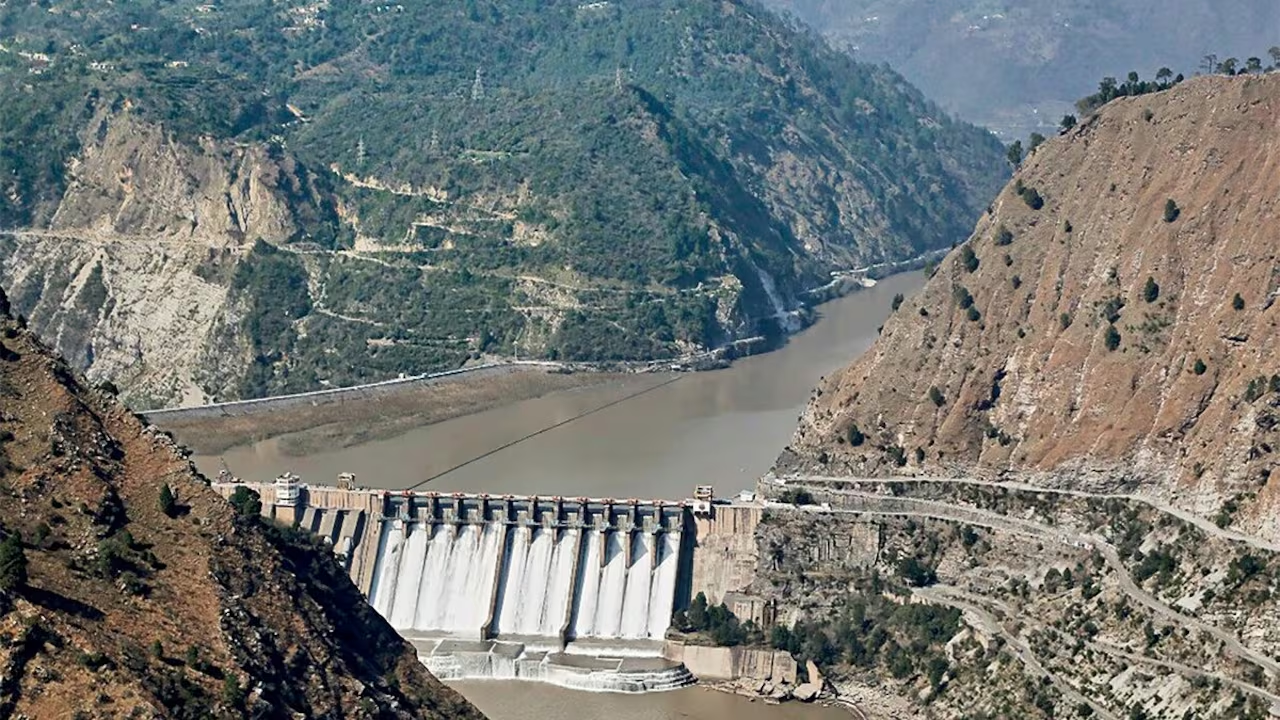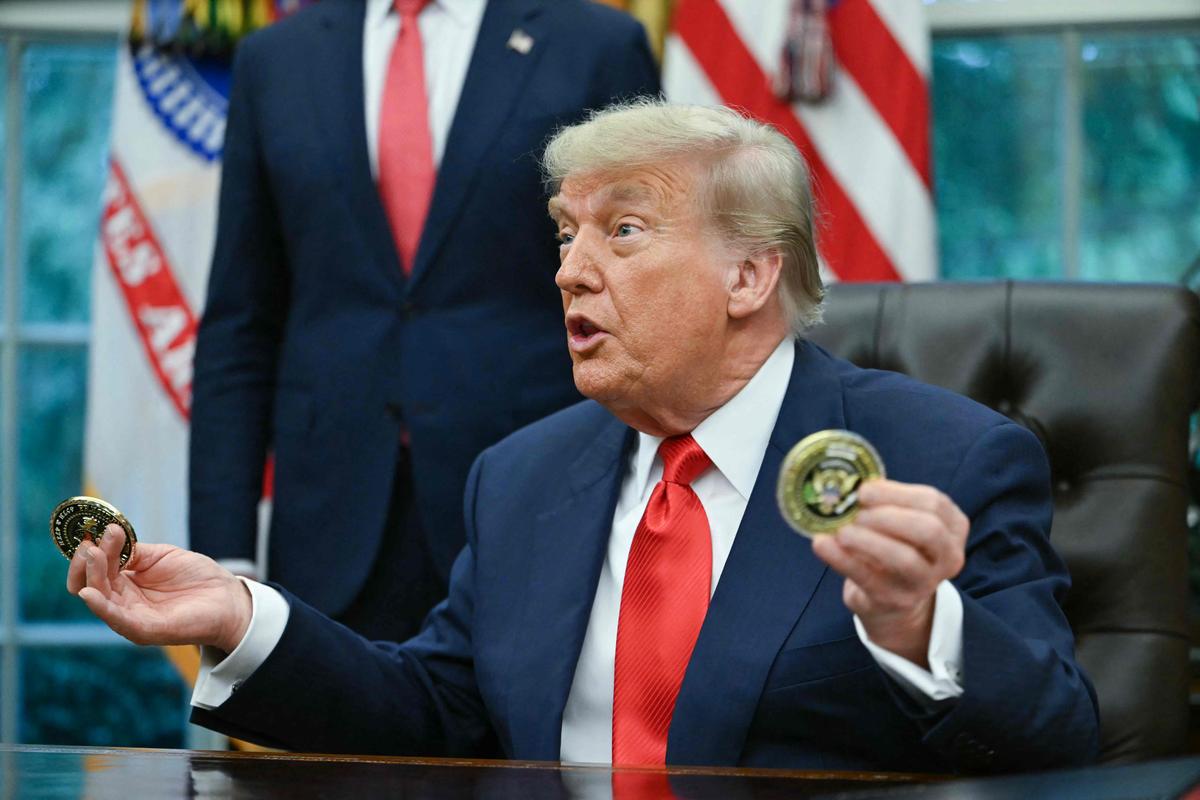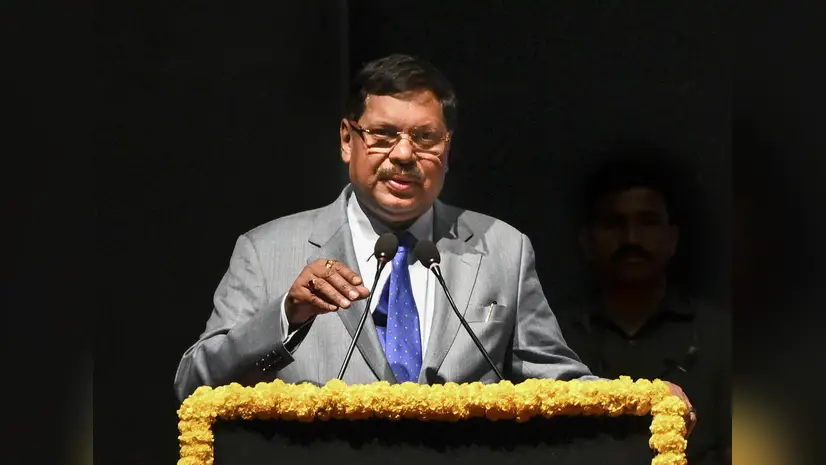- Courses
- GS Full Course 1 Year
- GS Full Course 2 Year
- GS Full Course 3 Year
- GS Full Course Till Selection
- Answer Alpha: Mains 2025 Mentorship
- MEP (Mains Enrichment Programme) Data, Facts
- Essay Target – 150+ Marks
- Online Program
- GS Recorded Course
- Polity
- Geography
- Economy
- Ancient, Medieval and Art & Culture AMAC
- Modern India, Post Independence & World History
- Environment
- Governance
- Science & Technology
- International Relations and Internal Security
- Disaster Management
- Ethics
- NCERT Current Affairs
- Indian Society and Social Issue
- NCERT- Science and Technology
- NCERT - Geography
- NCERT - Ancient History
- NCERT- World History
- NCERT Modern History
- CSAT
- 5 LAYERED ARJUNA Mentorship
- Public Administration Optional
- ABOUT US
- OUR TOPPERS
- TEST SERIES
- FREE STUDY MATERIAL
- VIDEOS
- CONTACT US
23rd Meeting of IORA Council of Ministers (COM)
23rd Meeting of IORA Council of Ministers (COM)
-1697601379529.jpg)
Latest Context:
Recently, the 23rd Indian Ocean Rim Association’s (IORA) Council of Foreign Ministers (COM) meeting was held in Colombo, Sri Lanka.
Key highlights of the meeting are:
- Theme of the meeting was- ‘Strengthening Regional Architecture: Reinforcing Indian Ocean Identity’.
- In this meeting, Saudi Arabia was formally welcomed as 11th Dialogue Partner.
- The Chairship of IORA was transferred from Bangladesh to Sri Lanka for 2023-2025 and India will take the chairship for the period 2025-2027.
- ‘Colombo Communique and ‘IORA Vision 2030 and Beyond’ was adopted.
Background of Indian Ocean Rim Association (IORA)
1980s: The concept of IORA begins to take shape, driven by the growing recognition of the Indian Ocean's strategic and economic importance.
1995: The Indian Ocean Rim Initiative (IORI) was established, primarily as a forum for dialogue and cooperation.
1997: IORA was formally established in1997, with the signing of the IORA charter in Port Louis, Mauritius. At this point, IORA replaced the Indian Ocean Rim Initiative.
1999: The IORA Council of Ministers Meeting takes place in New Delhi, India.
2000s: During this decade, IORA focused on promoting economic cooperation, regional stability, and addressing common challenges. Several working groups and subcommittees were established to address issues such as trade and investment, maritime security, and cultural exchanges.
2010: The 11th Council of Ministers meeting was held in Bengaluru. It discussed various issues, including economic cooperation and maritime safety.
2014: The IORA Secretariat was officially inaugurated in Port Louis (Mauritius) further institutionalizing the organization.
2020s: IORA continues to work on its objectives, including strengthening regional integration, promoting sustainable development, and enhancing cooperation in various sectors.

More about IORA:
- Member States:
- It has a total of 23 member states and 11 dialogue partners. Its members are: Australia, Bangladesh, Comoros, France, India, Indonesia, Iran, Kenya, Madagascar, Malaysia, Maldives, Mauritius, Mozambique, Oman, Seychelles, Singapore, Somalia, South Africa, Sri Lanka, Tanzania, Thailand, United Arab Emirates, Yemen.
- Dialogue Partners are China, Egypt, Saudi Arabia, Germany, Italy, Japan, South Korea, Russia, Turkey, the United Kingdom, and the United States of America.
- IORA member states and dialogue partners constitute 1/3 of world’s population, almost 80% of global oil trade and produces around $1 trillion in goods and services. Intra-IORA trade is around $800 billion.
- Institutional Structure:
- Council of Ministers: This is the highest decision-making body in IORA and is composed of the foreign ministers of member states. The meeting of COMs held annually.
- Committee of Senior Officials: This committee serves as the primary working body of IORA and is responsible for implementing the decisions made by the Council of Ministers.
- Secretariat: The IORA secretariat is responsible for day-to-day administrative tasks, coordination, and communication within the organization.
Significance of Indian Ocean Rim Association (IORA) for India
- Geopolitical and Strategic Significance:
- India is strategically located in the Indian Ocean region, and IORA provides a platform for India to engage with other Indian Ocean littoral states on matters of regional security, stability, and peace.
- The Indian Ocean is a critical maritime trade route, and ensuring the safety and security of these sea lanes is vital for India's economic interests. IORA's focus on maritime safety and security aligns with India's strategic concerns.
- Blue Economy: The concept of the blue economy emphasizes sustainable use of ocean resources. As a significant coastal nation, India has a keen interest in the sustainable development of marine resources. IORA provides a platform for sharing best practices and cooperation in the blue economy sector, which can benefit India's fisheries, aquaculture, and marine industries.
- Science and Technology: IORA promotes scientific and technological cooperation, including oceanography and marine research. India has a strong presence in these fields and can contribute expertise and resources to joint initiatives in ocean research and technology development.
- Cultural Exchange and People-to-People Ties: IORA's emphasis on cultural exchange and tourism can help foster greater understanding and people-to-people ties among member states. India's rich cultural heritage and diverse tourism attractions can benefit from increased regional interaction.
- Engagement with Island Nations: IORA includes island nations within the Indian Ocean region. India can strengthen diplomatic and economic ties with these nations, potentially gaining support on international platforms and expanding its influence.
Challenges in front of IORA
- Diverse Membership and Interests: IORA has a diverse membership, including countries at various stages of economic development and with differing political, social, and cultural contexts. Managing these diverse interests and priorities can be challenging when seeking consensus on key issues.
- Security Concerns: The Indian Ocean region is not immune to security challenges, including piracy, terrorism, and maritime disputes. Coordinating efforts to address these concerns while respecting national sovereignty can be complex.
- Competing Regional Organizations: This region has multiple regional organizations, including ASEAN, SAARC etc. These organizations have their own agendas and initiatives, which can sometimes lead to coordination challenges and overlap in efforts.
- Economic Disparities: Economic disparities among IORA member states can present challenges for cooperation on economic and trade matters. Developing economies may have different priorities and interests compared to more developed nations.
- Historical Conflicts: Historical conflicts and disputes in the region, such as territorial disputes, can hinder cooperation and trust-building among member states.
- Resource Constraints: IORA, like many international organizations, operates with limited resources. Securing adequate funding and resources for its programs and initiatives can be challenging.
Addressing these challenges requires active engagement, diplomacy, and cooperation among IORA member states, as well as a commitment to the organization's objectives. Overcoming these challenges is essential for IORA to fulfill its role in promoting peace, stability, and sustainable development in the Indian Ocean region.



